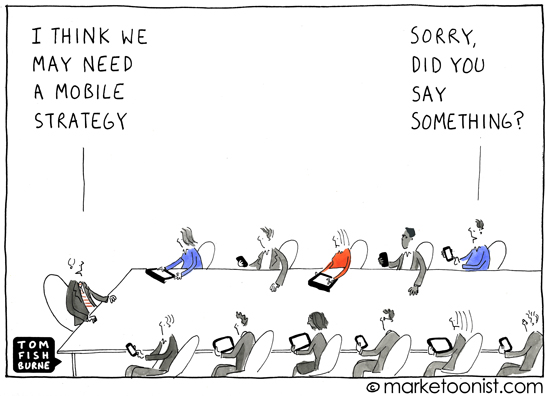What Team Building Sometimes Reveals
I apologize for pulling the Graph Jam card for the second week in a row, but when I saw this take on organizational team building, I could not resist:

see more Funny Graphs
Funny, and probably with just enough of inherent truth in the cold assessment of what organizational team building often tells us about ourselves. No doubt at some point in your career you've been subjected to a trust fall or a ropes course or a 'Build a complex Lego kit while blindfolded' while Marge from Accounting shouts the instructions that have to be relayed via the new guy in IT that you aren't even sure actually works at the company since no one has ever seen him in the office before.
Sure, team building usually kind of stinks, but is it really as awful as the Graph Jam point of view?
I admit I never really understood the classic Team Building approaches. I mean, I understand what they are attempting to do - to help the team get to know each other a little more, to open up the lines of communication in a less structured and more free setting, and to try and create some shared experience from which more effective teamwork can build. I do get that.
What I don't get is why anyone thinks trust falls or riding for an hour in a school bus (sort of like prisoners heading out to clean up the side of the highway), is the right or best way to accomplish those goals. But perhaps I am too cynical. Maybe.
What do you think? Is there still (or has there ever been) any value in corporate Team Building events or exercises?
Or do you fall more in line with the folks who say they'd be happy to work more effectively as a team, provided we get a whole bunch of better players?

 Steve
Steve


